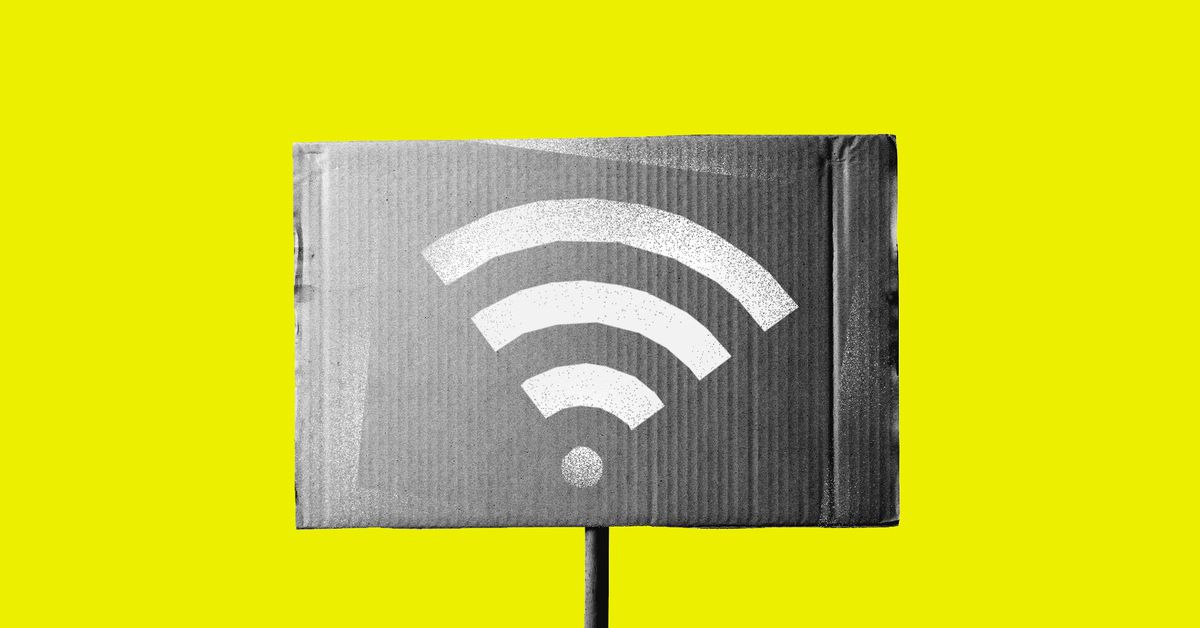A federal appeals court has agreed to halt the reinstatement of net neutrality rules until August 5th, while the court considers whether more permanent action is justified.
It’s the latest setback in a long back and forth on net neutrality — the principle that internet service providers (ISPs) should not be able to block or throttle internet traffic in a discriminatory manner.
The current FCC, which has three Democratic and two Republican commissioners, voted in April to bring back net neutrality. The 3–2 vote was divided along party lines.
Broadband providers have since challenged the FCC’s action, which is potentially more vulnerable after the Supreme Court’s recent decision to strike down Chevron deference — a legal doctrine that instructed courts to defer to an agency’s expert decisions except in a very narrow range of circumstances.
Bloomberg Intelligence analyst Matt Schettenhelm said in a report prior to the court’s ruling that he doesn’t expect the FCC to prevail in court, in large part due to the demise of Chevron.



This is the best summary I could come up with:
The current FCC, which has three Democratic and two Republican commissioners, voted in April to bring back net neutrality.
Broadband providers have since challenged the FCC’s action, which is potentially more vulnerable after the Supreme Court’s recent decision to strike down Chevron deference — a legal doctrine that instructed courts to defer to an agency’s expert decisions except in a very narrow range of circumstances.
Bloomberg Intelligence analyst Matt Schettenhelm said in a report prior to the court’s ruling that he doesn’t expect the FCC to prevail in court, in large part due to the demise of Chevron.
A panel of judges for the Sixth Circuit Court of Appeals said in an order that a temporary “administrative stay is warranted” while it considers the merits of the broadband providers’ request for a permanent stay.
In the meantime, the court requested the parties provide additional briefs about the application of National Cable & Telecommunications Association v. Brand X Internet Services to this lawsuit.
Brand X is a 2005 case in which the Supreme Court ruled that the FCC had lawfully interpreted the Communications Act to exclude cable broadband providers from the definition of “telecommunications services.” At the time, SCOTUS said the lower court should have followed Chevron and deferred to the agency’s interpretation.
The original article contains 341 words, the summary contains 211 words. Saved 38%. I’m a bot and I’m open source!